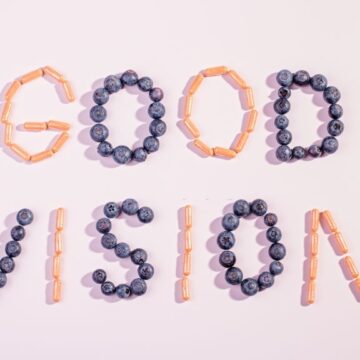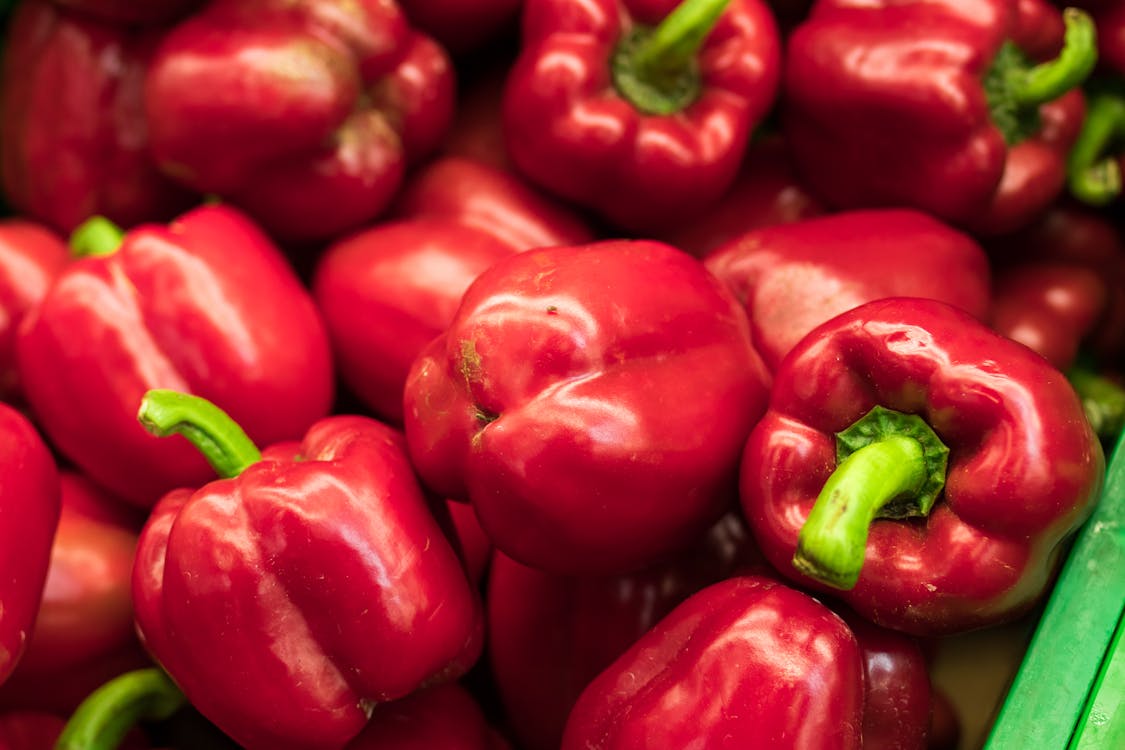
- In addition to cost-effective treatments, certain foods that promote eye health can also help prevent vision loss.
- For example, vitamin C-rich citrus fruits like oranges contain antioxidants that can fight age-related eye damage.
- Sardines, as well as mackerel and salmon, are very good sources of beneficial omega-3 fatty acids, which are important for retinal health.
We all know that taking extra care of your eyes is essential for protecting them from diseases in later life. But new research has revealed another reason for focusing on eye health: it can also help us live longer.
According to a meta-analysis that assessed the data of 48,000 people from 17 studies, those with mild vision impairment had 29% higher mortality risks while those with severe impairment had 89% higher mortality risks compared to individuals with normal vision.
Results were published in February 2021 in The Lancet Global Health.
“The impacts of vision impairment and blindness are wide-reaching, including an increased risk of falls, cognitive impairment, and dementia,” the researchers explained.
The good news is, four of five cases of vision loss can actually be prevented or reversed. The leading causes of vision impairment can be treated by addressing cataracts and the unmet need for glasses. Certain foods also support eye health.
Here’s a list of some grocery staples that boost eye health and help keep eye diseases at bay:
1. Orange juice

“One hundred percent orange juice contains carotenoid plant pigments that can inhibit the production of inflammation in our cells,” says registered dietitian Mia Syn, MS, RDN. “Several studies have observed reduced risk of age-related macular degeneration with increased intake of carotenoids.”
Because it can quickly spike blood sugar levels, make sure to drink just one serving (1 cup) of orange juice. Whole oranges that are rich in fiber are another option for hindering sugar absorption into the blood.
2. Red bell peppers

Although research is mixed, some studies have linked high vitamin C consumption to a drop in risks of cataract formation, the National Institutes of Health reports. Per the U.S. Department of Agriculture (USDA), one large red bell pepper contains 233% of your daily value of vitamin C.
3. Pumpkin seeds

Syn says pumpkin seeds are good zinc sources that help slow down the progression of age-related macular degeneration and vision loss by preventing cellular damage in the retina.
Per the cited Age-Related Eye Disease Study (AREDS), a combination of beta-carotene, vitamins C and E, zinc, and copper reduced the risk of intermediate or advanced age-related macular degeneration from progressing by 25%.
4. Sardines

Many fish, such as sardines, are rich sources of omega-3 fatty acids so eating them offers you higher levels of omega-3-rich fish oil. Sardines make a tasty addition to pasta or crackers.
“Sardines are a convenient source of bioavailable DHA omega-3 fatty acids, which have anti-inflammatory properties and are important for retinal health,” Syn explains.
The National Institutes of Health lists salmon, sea bass, and mackerel as other good sources of DHA.
5. Sweet potatoes

This may come as a surprise, but vitamin A found in sweet potatoes can reverse dry eyes and prevent night blindness.
Like carrots, sweet potatoes are rich in beta-carotene, which is an antioxidant that is converted by the body into vitamin A, says Syn. One sweet potato is already packed with more than 100% of your daily recommended dose of Vitamin A, according to the USDA.
